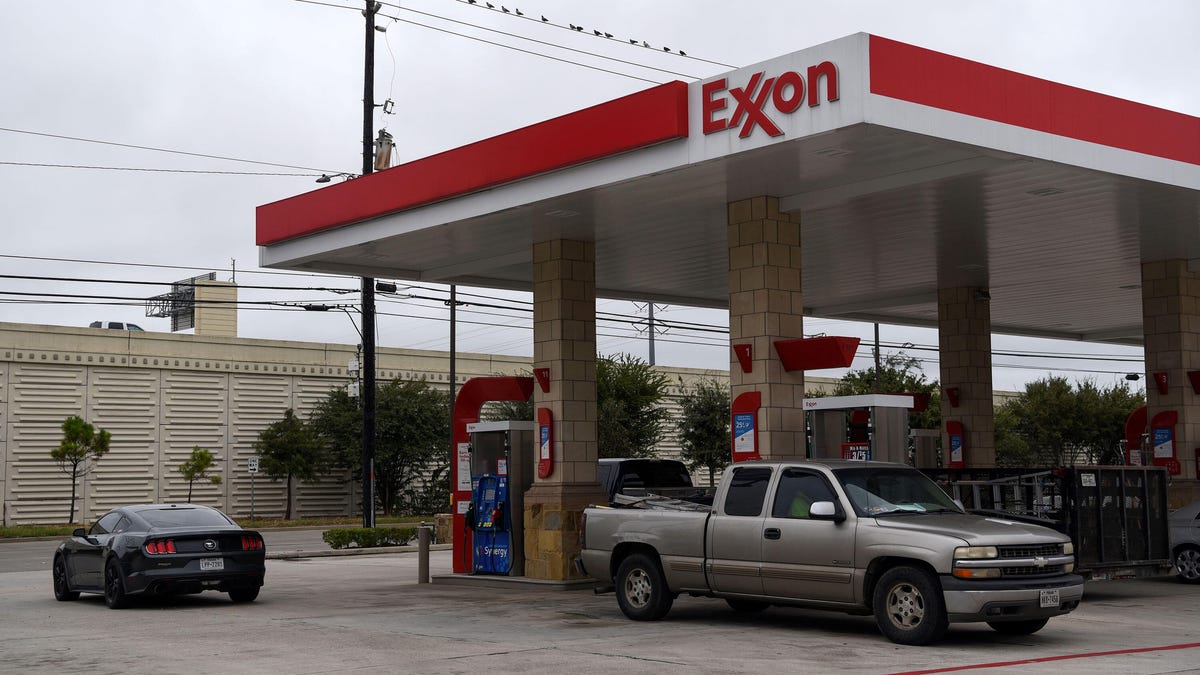Trump administration gives automakers a break on fuel economy penalties in its final days
NHTSA agreed to a petition for an interim rule keeping fuel economy fines at a far lower level than Congress agreed to in 2015.

Automakers are safe for now, but increased fines are coming.
The Trump administration cut automakers doing business in the US a break as it announced Wednesday it will delay higher monetary fines for companies that do not meet fuel economy targets. The fines were meant to kick in for 2019 model year vehicles, though their enforcement remained in limbo due to ongoing court action.
The current administration lost its case in 2019 to scrap higher penalties, which were set to increase from $5.50 to $14 per each tenth of a mile per gallon that a manufacturer's fleet average falls short of Corporate Average Fuel Economy standards, multiplied by the number of cars sold. Congress in 2015 approved the increase to account for inflation, and environmental groups underscored the fines remained untouched since 1997. Then, they increased by 50 cents from $5 -- the initial cost in 1975 -- to the current $5.50.
The National Highway Traffic Safety Administration said Wednesday it granted a petition from the Alliance for Automotive Innovation to delay the fine increase to $14 to the 2022 model year through an interim rule. The only way the $5.50 fine sticks around is through further judicial action, which failed two years ago.
"Today's interim rule ensures that the increased CAFE civil penalty rate will not be applied retroactively to previous model years, or with design and manufacturing plans that cannot be changed to improve fuel economy," NHTSA said in its statement. Automakers and the alliance argued in 2019 the increased fines didn't make sense since they'd apply to cars designed or built in the past. The Alliance for Automotive Innovation did not immediately return Roadshow's request for comment on NHTSA's decision.
Automakers that do not meet CAFE rules are permitted to offset fines with credits earned through the sale of more fuel-efficient vehicles. They may also purchase credits from other automakers, a popular practice. Tesla largely remains profitable through the sale of its credits to automakers like Fiat Chrysler, which bought 82.1 million of them last year to avoid additional fines, according to the Environmental Protection Agency.
The Trump administration's move for the interim rule is open for public comment now, and comes just one week before President-elect Joe Biden enters office. The new administration is expected to champion CO2 targets and greater fuel economy standards, as well as encourage the adoption of zero-emissions vehicles.

